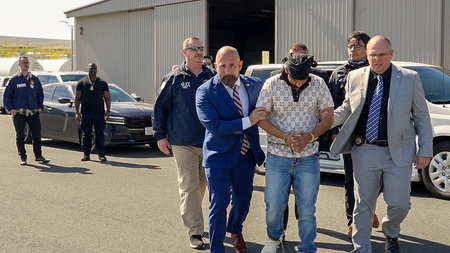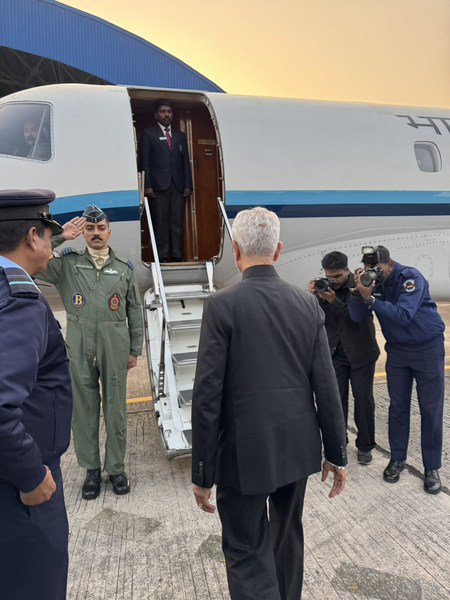
California, Oct 25 (IANS) The recent case of 21-year-old Indian origin man Jashanpreet Singh, involved in a tragic crash on California’s I-10 freeway, that killed three innocent people, underscores how a young life meant to build a future abroad instead became a symbol of systemic neglect, criminal exploitation, and the weaponisation of hope, a report cited on Saturday.
“Singh crossed illegally through the US-Mexico border in 2022 and was reportedly under the influence of drugs while driving a semi-truck. The consequences were deadly: three lives lost, families scarred, and yet another dent in the public’s trust in America’s ability to manage its borders responsibly. Singh’s case highlights a glaring systemic failure,” the report in ‘Khalsa Vox’ detailed.
Citing reports, it stated that, after entering the US illegally, Singh was released under the Department of Homeland Security’s “alternatives to detention” policy, a programme designed to ease overcrowding but which often results in individuals being released with little to no follow-up.
This lapse allowed him to obtain undocumented employment and a commercial vehicle license, exposing how fragmented coordination among immigration, law enforcement, and transport authorities poses a risk to public safety.
“Data from the US Border Patrol shows a tenfold increase in illegal crossings by Indians from Canada to the US in just two years, a reflection of both systemic dysfunction and targeted recruitment by underground networks promising golden futures abroad. For many, these journeys end not in prosperity but in danger, detention, or death,” the report detailed.
“Within this wider phenomenon lies another troubling trend: fringe separatist factions using these migration routes. Khalistani groups, active across the US, Canada, and the UK, have long exploited immigrant vulnerability to expand their base. Investigations show that such groups have used organised crime – narco-terrorism, hawala money transfers, and fake asylum claims – to infiltrate and fund their sinister operations,” it added
According to the report, the Khalistani extremist networks often masquerade as community groups, enticing disillusioned youth with promises of protection, work, or brotherhood.
In reality, it said, they entangle youths in webs of deceit, turning personal dreams into weapons of political exploitation. Many recruits initially seeking a livelihood become trapped in propaganda networks that romanticise rebellion while thriving on fear, illegality, and alienation.
“This tragedy must therefore be seen not as an indictment of migrants but as a wake-up call for governments in the West. The American and Canadian immigration system requires not just tightening but human-centric modernisation—where illegal entry is curtailed through vigilance, and pathways for legal migration are expanded with dignity,” the report noted.
–IANS
scor/as




